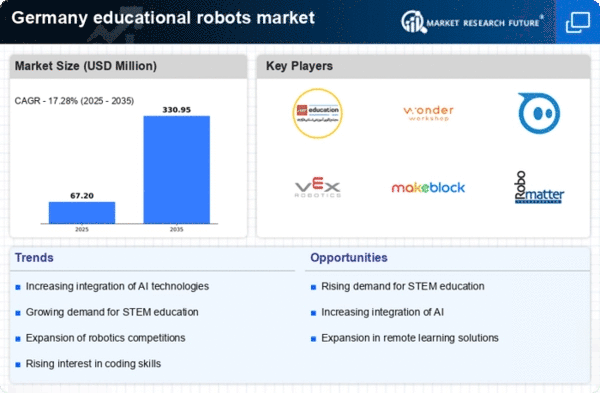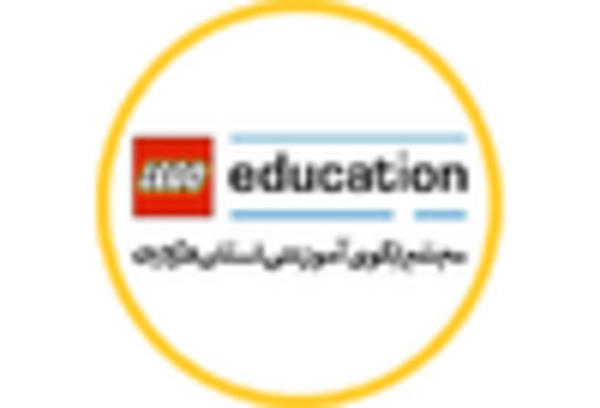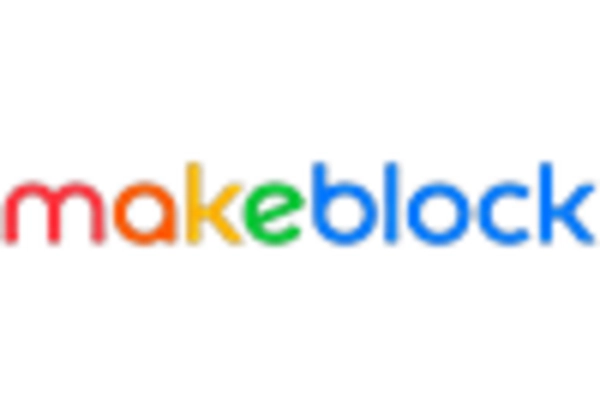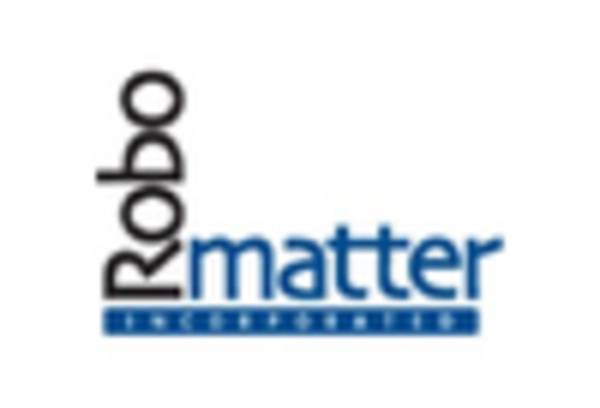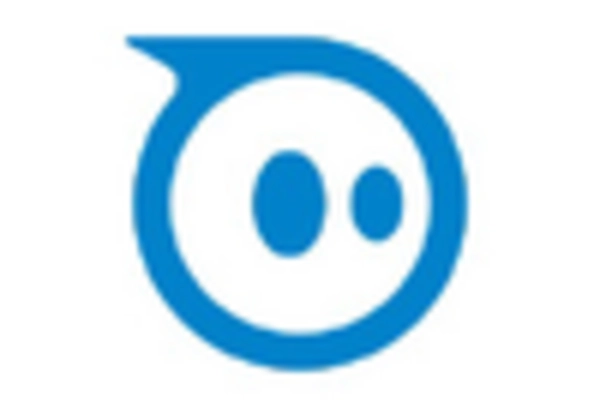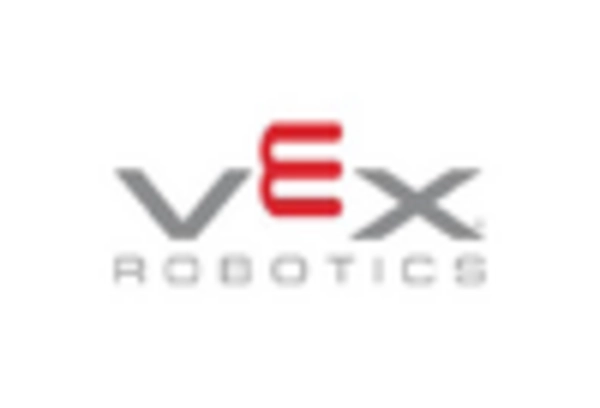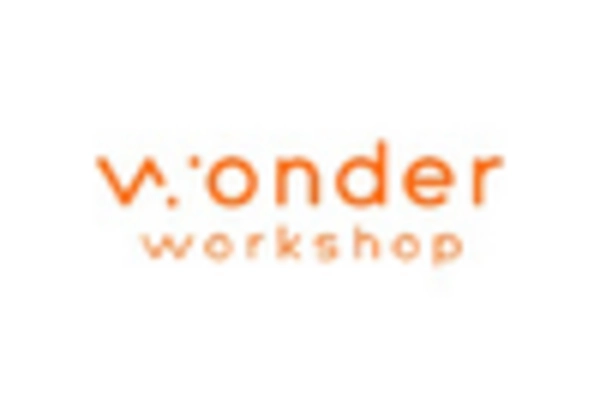Growing Emphasis on Personalized Learning
The educational robots market in Germany is witnessing an emphasis on personalized learning experiences. As educators recognize the diverse learning styles and paces of students, there is a shift towards utilizing robotics to tailor educational content. Robots can adapt to individual student needs, providing customized feedback and support. This trend aligns with the broader educational reforms in Germany, which advocate for more individualized teaching approaches. Data suggests that schools implementing personalized learning strategies have reported a 30% increase in student engagement and performance. Consequently, the educational robots market is likely to benefit from this shift, as more institutions seek to invest in technologies that facilitate personalized learning.
Rising Demand for Interactive Learning Tools
The educational robots market in Germany experiences a notable surge in demand for interactive learning tools. This trend is driven by the increasing recognition of the importance of engaging students through hands-on experiences. Educational institutions are increasingly integrating robotics into their curricula to enhance student participation and motivation. According to recent data, approximately 45% of schools in Germany have adopted some form of robotics in their teaching methods. This shift not only fosters creativity and critical thinking but also aligns with the educational goals set by the German government, which emphasizes innovative teaching strategies. As a result, the educational robots market is likely to expand significantly, with projections indicating a growth rate of around 20% annually over the next five years.
Rising Interest in Coding and Programming Skills
There is a rising interest in coding and programming skills among students in Germany, which is significantly impacting the educational robots market. As digital literacy becomes increasingly essential, educational institutions are incorporating coding into their curricula, often using robots as teaching tools. This approach not only makes learning to code more engaging but also helps students understand complex concepts through practical application. Data indicates that around 50% of schools in Germany have introduced coding programs, with many utilizing educational robots to facilitate this learning. This trend suggests a robust growth trajectory for the educational robots market, as demand for products that support coding education continues to rise.
Government Initiatives Supporting Robotics Education
In Germany, government initiatives play a crucial role in promoting the educational robots market. Various programs and funding opportunities are being introduced to support schools in acquiring robotic technologies. The German Ministry of Education has allocated approximately €50 million to enhance digital education, which includes the integration of robotics into classrooms. These initiatives aim to prepare students for future job markets that increasingly demand technological proficiency. Furthermore, partnerships between educational institutions and tech companies are being encouraged to facilitate the development of tailored educational robots. This collaborative approach is expected to drive innovation within the educational robots market, potentially leading to the introduction of new products that cater specifically to the needs of German students.
Integration of Robotics in Extracurricular Activities
The integration of robotics into extracurricular activities is becoming increasingly prevalent in Germany, thereby influencing the educational robots market. Schools are recognizing the value of robotics clubs and competitions in fostering teamwork, problem-solving skills, and creativity among students. These activities not only enhance students' technical skills but also promote a culture of innovation. Recent surveys indicate that over 60% of schools in Germany now offer robotics-related extracurricular programs. This trend is likely to drive demand for educational robots, as schools seek to provide students with access to advanced technologies that can be utilized in these activities. The educational robots market is expected to see a corresponding increase in product offerings tailored for extracurricular use.

